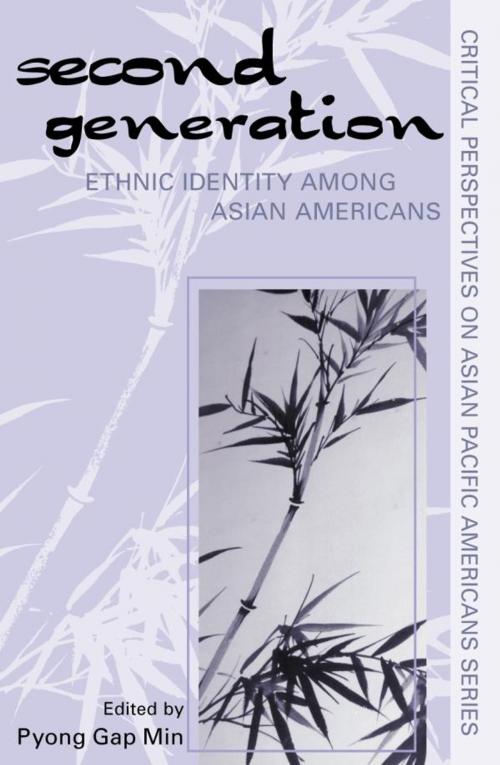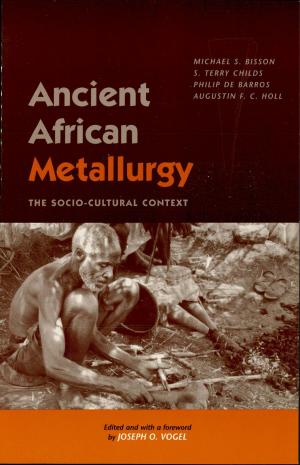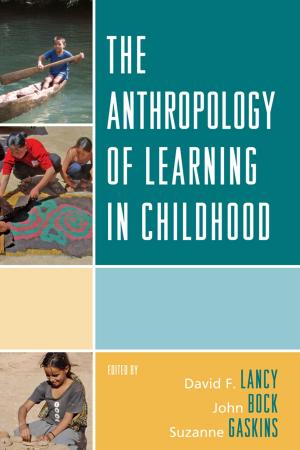The Second Generation
Ethnic Identity among Asian Americans
Nonfiction, Social & Cultural Studies, Social Science, Cultural Studies, Ethnic Studies| Author: | Pyong Gap Min | ISBN: | 9780759116641 |
| Publisher: | AltaMira Press | Publication: | June 25, 2002 |
| Imprint: | AltaMira Press | Language: | English |
| Author: | Pyong Gap Min |
| ISBN: | 9780759116641 |
| Publisher: | AltaMira Press |
| Publication: | June 25, 2002 |
| Imprint: | AltaMira Press |
| Language: | English |
In a series of essays based on original ethnographic research, Pyong Gap Min and his contributors examine the unique identity issues for second generation ethnic Asians, from Chinese, Japanese, Filipino, Korean, Indian, and Vietnamese descent. They describe how societal expectations and structural barriers have a powerful influence on the formation of ethnic identities in a strongly racialized American society. Key factors discussed are the importance of culture and language retention, ethnic attachment, transnational ties, pan-Asian coalitions and friendships, social and geographic mobility, racial domination and racial awareness, life cycle changes, immigrant women's sexuality and gender traditionalism, deviant behavior, and educational and occupational achievement. This book will be a valuable resource in the study of Asian American culture, race, ethnicity and American society.
In a series of essays based on original ethnographic research, Pyong Gap Min and his contributors examine the unique identity issues for second generation ethnic Asians, from Chinese, Japanese, Filipino, Korean, Indian, and Vietnamese descent. They describe how societal expectations and structural barriers have a powerful influence on the formation of ethnic identities in a strongly racialized American society. Key factors discussed are the importance of culture and language retention, ethnic attachment, transnational ties, pan-Asian coalitions and friendships, social and geographic mobility, racial domination and racial awareness, life cycle changes, immigrant women's sexuality and gender traditionalism, deviant behavior, and educational and occupational achievement. This book will be a valuable resource in the study of Asian American culture, race, ethnicity and American society.















